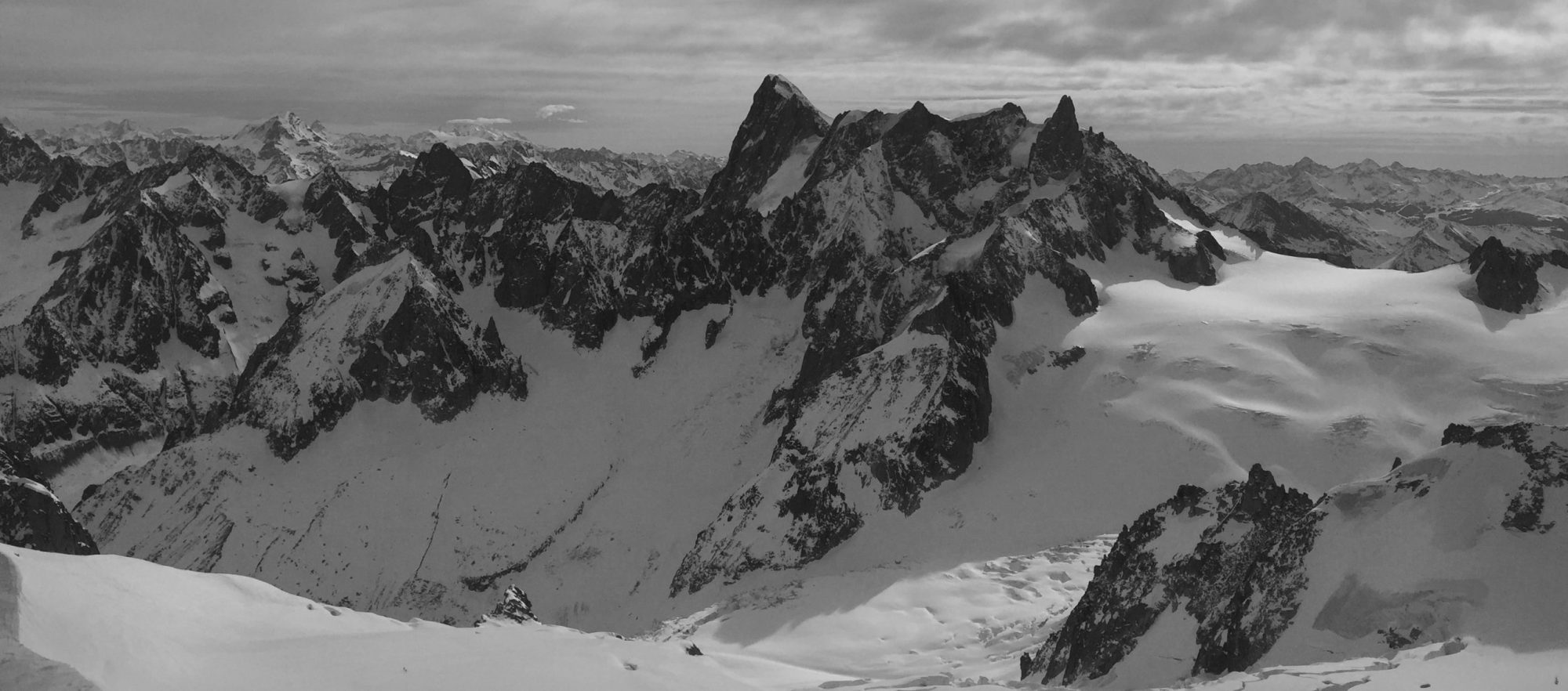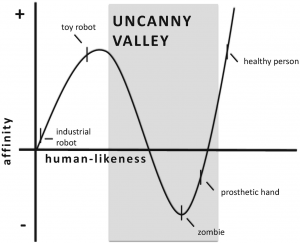DUPLICATE UNIVERSES
The podcast/radio show, This American Life, produced an episode called “Gardens of Branching Paths .” Each act of the episode considers what might or could happen (or is happening!) in a parallel universe. My favorite part of the episode is the prologue, in which David Kestenbaum (a Phd Physicist) and Ira Glass, one of the hosts, talk about an app called Universe Splitter and the not unlikely reality that alternate universes exist – and “if true, the universe is duplicating itself all the time. It’s like a fundamental part of our existence.” The app costs 1.99 on the App Store and I took a peak at it.
The physic concept they are exploring (and is the basis of the app) is called “Many Worlds Interpretation of Quantum Mechanics (see link below). Its a bit complicated to describe, but I paraphrased the main conversation below:
“You input two choices into the app and a signal is sent to “a fancy piece of equipment at the University of Geneva in Switzerland.” It takes a single particle of light, a photon, it sends it at a mirror that can make the photon go either left or right…[but] according to laws of quantum mechanics, it actually goes both. It goes left and right at the same time. That is actually true and demonstrated… this device looks to see, well were did it go? When it looks, it only finds it in one place, which doesn’t make sense, because we know from the math that it goes to both places. So why did we only see it in one? One answer, is the photon is in both places, left and right, but just in different universes.” [Ira Glass:] “So you’re saying when you shoot the photon into the mirror it actually creates an entire duplicate of our universe and in one of those universes the photon is the left and in the other it is on the right. Yes – it both went left and right those are just in different universes. The math of it makes a lot of sense, it’s very streamlined and simple.
Podcast: https://www.thisamericanlife.org/691/gardens-of-branching-paths
APP – Universe Splitter : https://apps.apple.com/us/app/universe-splitter/id329233299
Many Worlds Interpretation of Quantum Mechanics: https://plato.stanford.edu/entries/qm-manyworlds/

